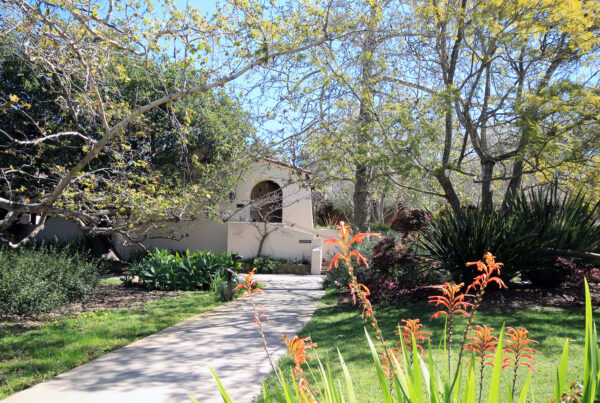- Find a song that you listened to as a teen. It can be happy, dancey, angsty, whatever first comes to mind. If you can’t remember, pick a popular song from the years that coincided with your teen years.
- Sit or stand comfortably, and start to draw your attention to your breath. You don’t need to change or alter your breath in any way, just begin to notice it. Try to approach your breath without judgment or internal comment. If thoughts arise, briefly acknowledge them with compassion and allow them to float away from your mind space.
- Play the song, and notice what your body does. Allow the song and the breath to move your body.
- After a few moments, invite your teenage self to enter the space, just as they are. You may be surprised at their age, what they’re wearing, or their hair color. This is who your inner teen is today.
- Invite your inner teenager to dance. You might dance independently of one another, witnessing one another’s movements, or you may choose to join together in a partner dance. However you and the image engage with one another, continue to allow your breath to flow deeply, nourishing you. As you dance, notice the sensations that arise in play with your image.
- When the song and dance conclude, take some time to journal or draw the experience. Allow your inner teen to do the talking first. Encourage them to speak.
Myka K. Hanson, Ph.D.
Mentor of the Academy of Imaginal Arts and Sciences
Learn the Power, Purpose and Intelligence of Dreams
Unleash your creativity and innate genius

Stephen Aizenstat
Stephen Aizenstat, Ph.D., is the founder of Dream Tending, Pacifica Graduate Institute, and the Academy of Imaginal Arts and Sciences. He is a world-renowned professor of depth psychology, an imagination specialist, and an innovator. He has served as an organizational consultant to major companies and institutions, and as a depth psychological content advisor to Hollywood film makers. He has lectured extensively in the U.S., Asia, and Europe. He is affiliated with the Earth Charter International project through the United Nations, where he has spoken. Professor Aizenstat is the Chancellor Emeritus and Founding President of Pacifica Graduate Institute. He has collaborated with many notable masters in the field including Joseph Campbell, James Hillman, Marion Woodman, and Robert Johnson.







